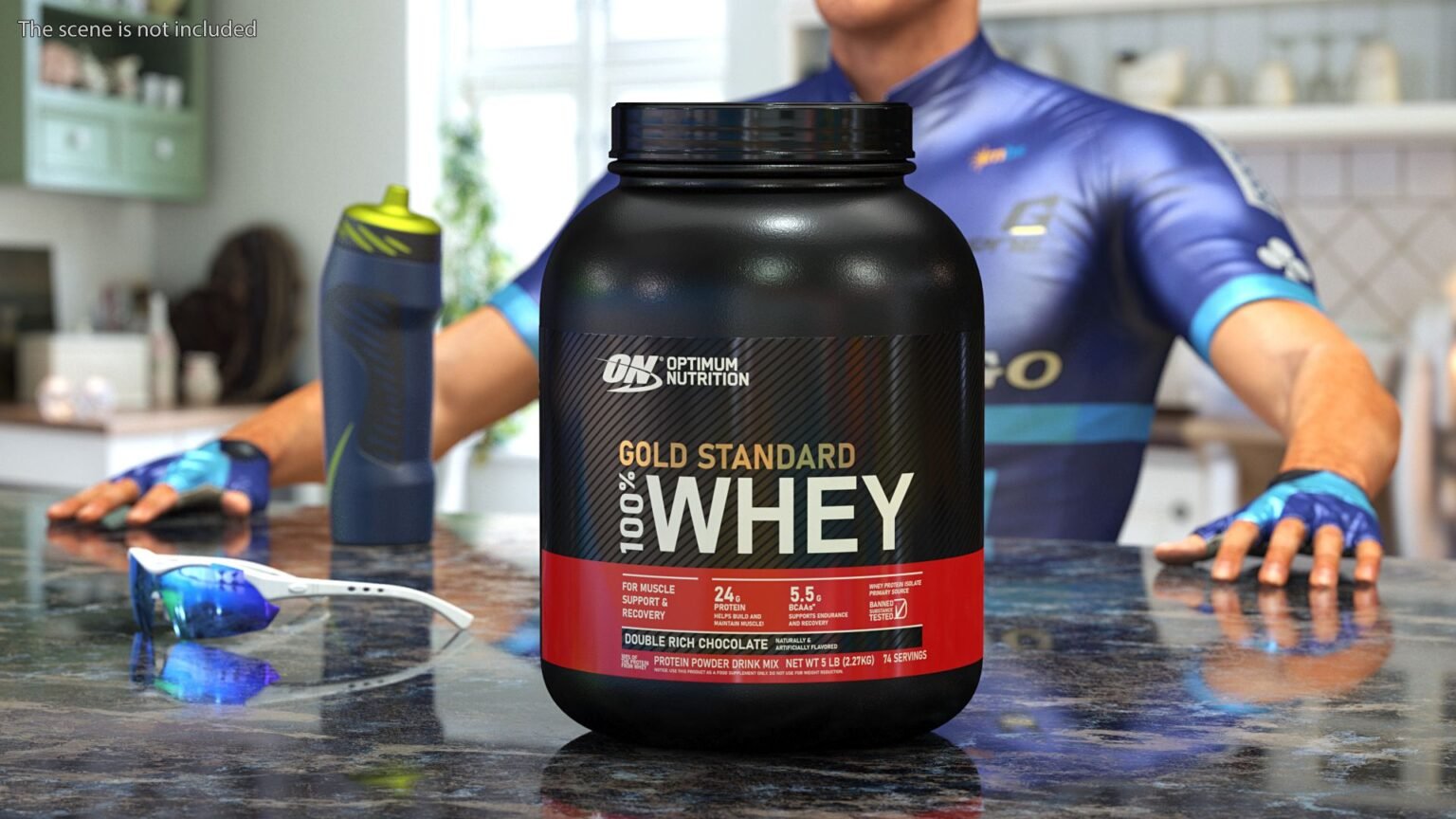When it comes to achieving your fitness goals, whether you’re aiming to build muscle, improve endurance, or simply maintain a healthy lifestyle, optimum nutrition plays a crucial role. In this article, we’ll dive into what optimum nutrition is, why it’s important for your fitness journey, and how you can implement it into your daily routine.
What is Optimum Nutrition?
Optimum nutrition refers to the practice of consuming the right balance of nutrients, such as proteins, fats, carbohydrates, vitamins, and minerals, to support your body’s functions at their highest potential. This approach ensures that your body receives the essential nutrients it needs to perform well, recover from workouts, and maintain overall health.
Why Optimum Nutrition Matters for Fitness
Whether you’re a bodybuilder, an athlete, or someone looking to improve their general fitness, proper nutrition is a game-changer. Here’s why:
1. Enhanced Performance: With the right fuel, your body can perform better during exercise. Carbohydrates supply energy, while proteins aid in muscle tissue repair. Healthy fats support long-term energy and aid in recovery.
2. Muscle Growth: If your goal is to build muscle, consuming adequate protein is essential. Optimum nutrition ensures that you’re getting high-quality proteins, such as those found in lean meats, eggs, or supplements, to facilitate muscle repair and growth.
3. Faster Recovery: After an intense workout, your muscles need to recover. Nutrients like protein and amino acids, found in foods and supplements, help speed up recovery, allowing you to get back to your workouts sooner.
4. Improved Endurance: Proper nutrition also enhances endurance. Consuming a balanced mix of macronutrients before and after workouts can keep your energy levels stable, allowing you to go harder and longer during training.
5. Better Health: Beyond fitness, optimum nutrition supports your immune system, reduces the risk of chronic diseases, and improves your overall quality of life.
Key Components of Optimum Nutrition
To ensure you’re following an optimum nutrition plan, focus on these key components:
1. Protein
Protein is the building block of muscle. It is crucial for repairing, growing, and maintaining muscle tissue. Aim to include high-quality sources of protein in your diet, such as:
- Lean meats (chicken, turkey, beef)
- Fish and seafood
- Eggs
- Plant-based options (tofu, lentils, beans)
- Protein supplements (whey, casein, or plant-based)
2. Carbohydrates
Carbohydrates are your body’s primary source of energy. Opt for complex carbohydrates instead of simple sugars to maintain lasting energy. Great options include:
- Whole grains (brown rice, oats, quinoa)
- Vegetables and fruits
- Legumes
3. Fats
Healthy fats are vital for hormone production, brain function, and sustained energy. Incorporate sources like:
- Avocados
- Nuts and seeds
- Olive oil and coconut oil
- Fatty fish (salmon, mackerel)
4. Vitamins and Minerals
Vitamins and minerals support numerous bodily functions, from bone health to immune support. Aim for a variety of colourful fruits and vegetables, along with whole foods, to ensure you’re meeting your micronutrient needs.
Supplementing for Optimum Nutrition
While a balanced diet should be the foundation of your nutrition plan, supplements can help fill in the gaps and ensure you’re meeting your goals. Consider including the following:
- Protein Powders: Whey or plant-based protein can help you meet your daily protein requirements, especially post-workout when your muscles need it most.
- Amino Acids (BCAAs): Branched-chain amino acids can support muscle recovery and prevent muscle breakdown during intense exercise.
- Multivitamins: A high-quality multivitamin ensures you’re getting essential vitamins and minerals that may be lacking in your diet.
- Omega-3 Supplements: Omega-3s support heart health and reduce inflammation, making them an excellent addition to any nutrition plan.
Creating Your Optimum Nutrition Plan
To implement optimum nutrition into your daily life, start by assessing your current eating habits and fitness goals. Here’s a simple guide to get started:
1. Set Clear Goals: Are you trying to lose fat, gain muscle, or improve endurance? Your goals will determine your macronutrient ratios and overall caloric intake.
2. Plan Your Meals: Focus on whole, unprocessed foods. Prepare meals in advance to avoid relying on fast food or unhealthy options.
3. Track Your Intake: Use apps like MyFitnessPal to track your food intake and ensure you’re getting the right balance of protein, carbs, and fats.
4. Stay Consistent: Consistency is key in both fitness and nutrition. Stay committed to your plan and adjust it as necessary according to your progress.
Conclusion
Optimum nutrition is the foundation of achieving your fitness goals, whether you’re training for a marathon or working on your strength. By focusing on balanced, nutrient-rich foods and the right supplements, you can fuel your body to perform at its best and reach your full potential. Make optimum nutrition a priority, and watch how it transforms your fitness journey!

